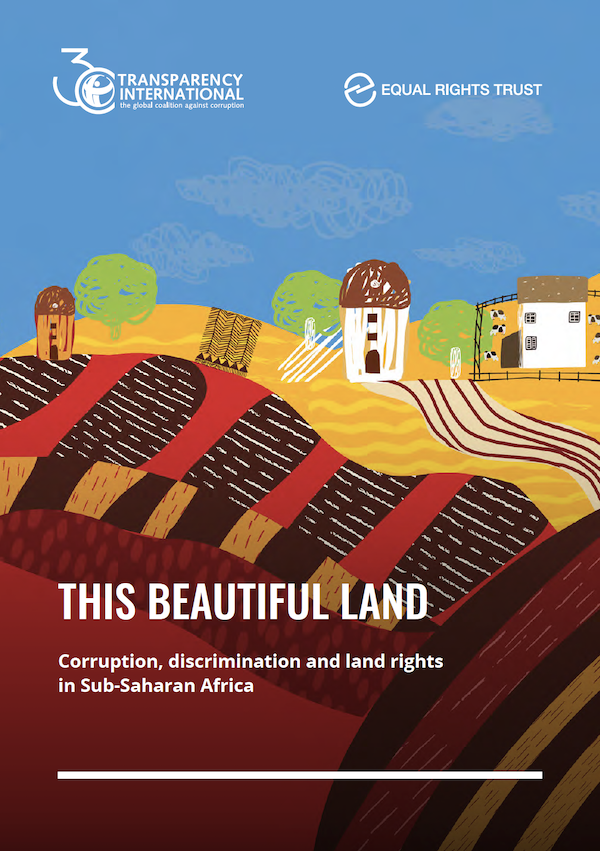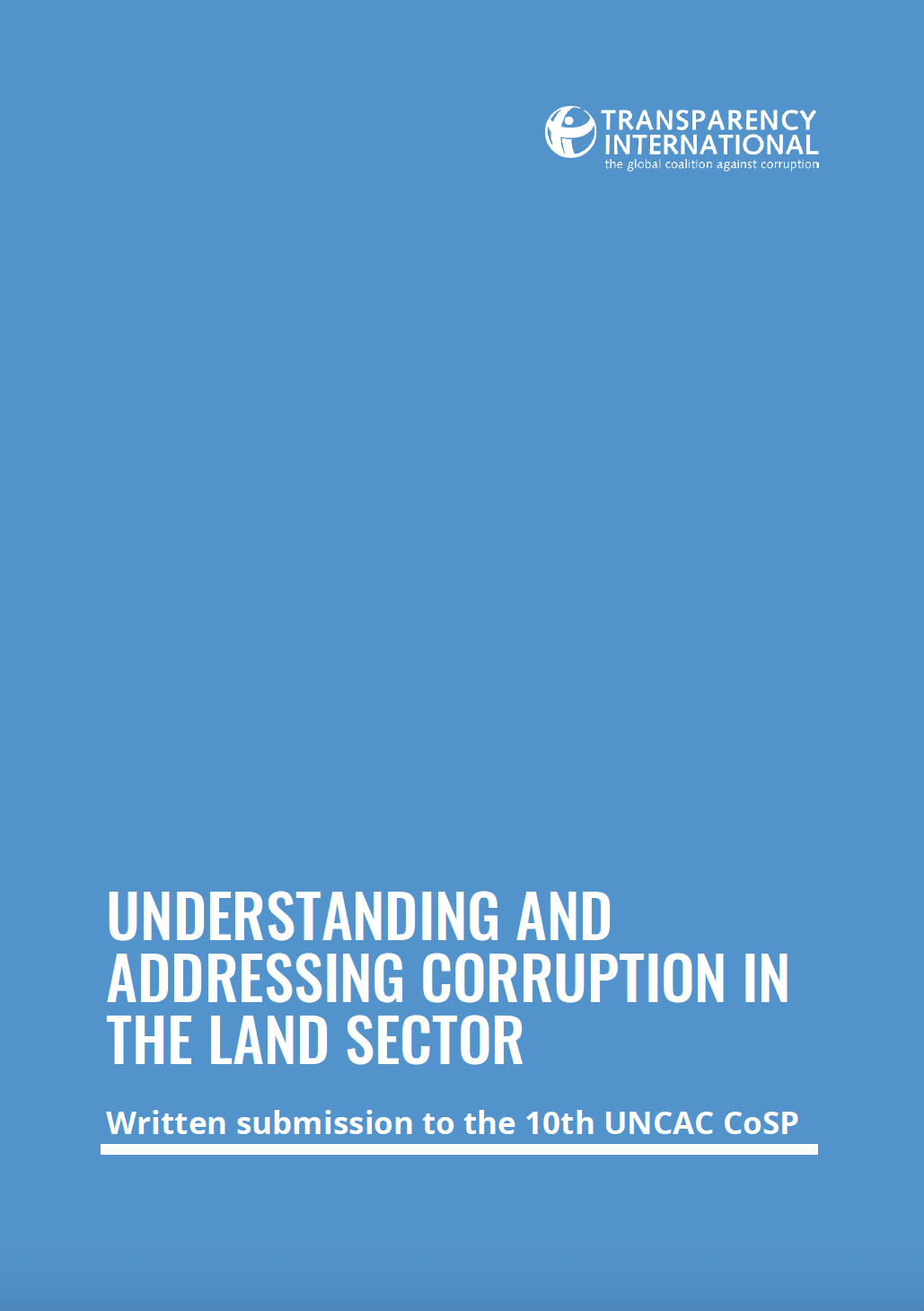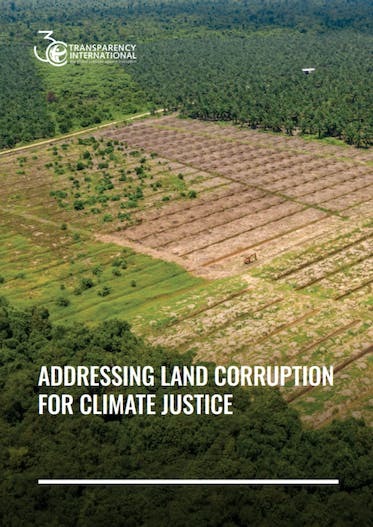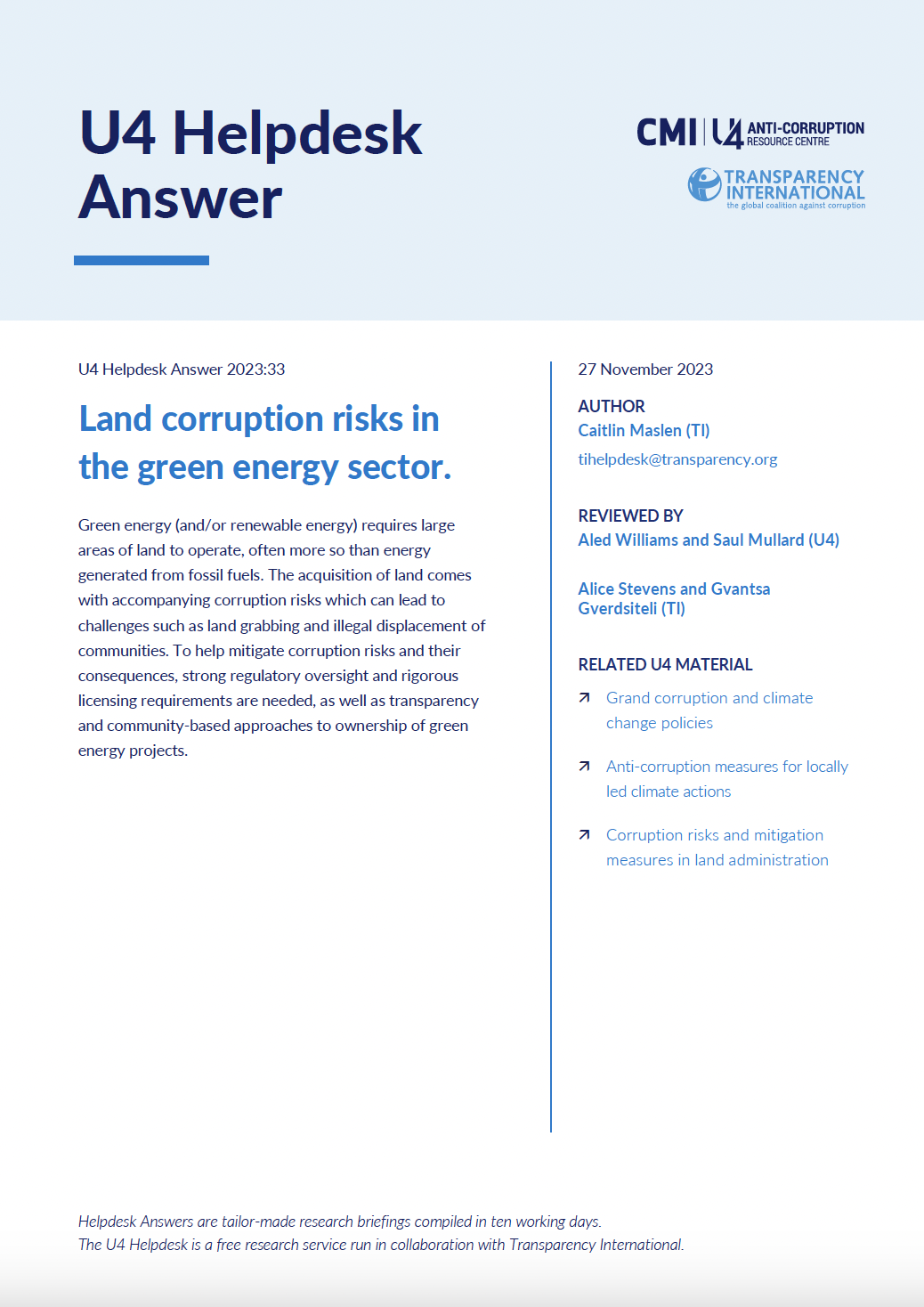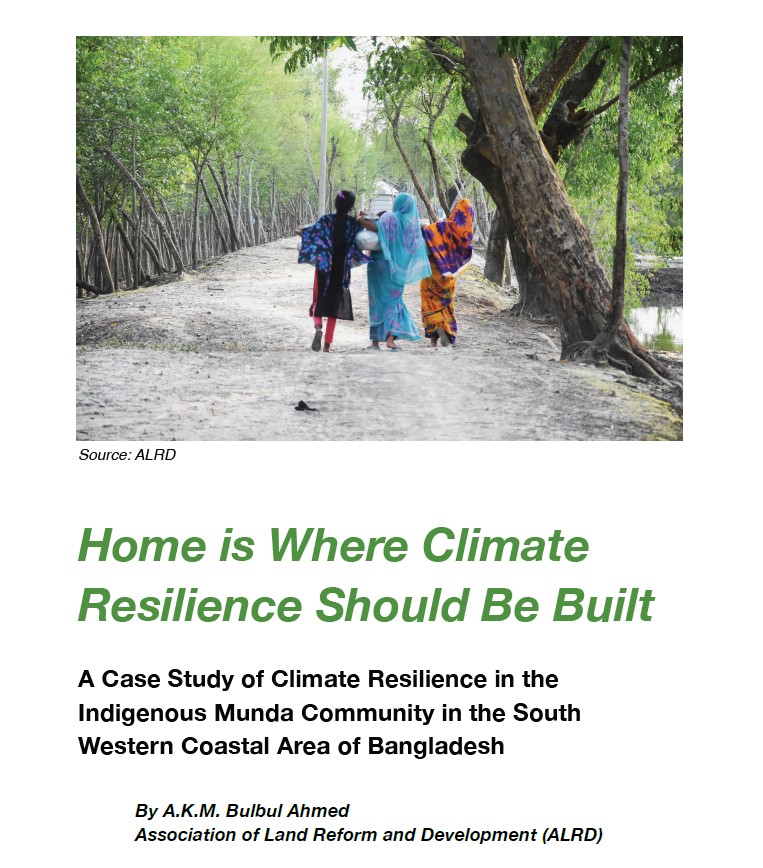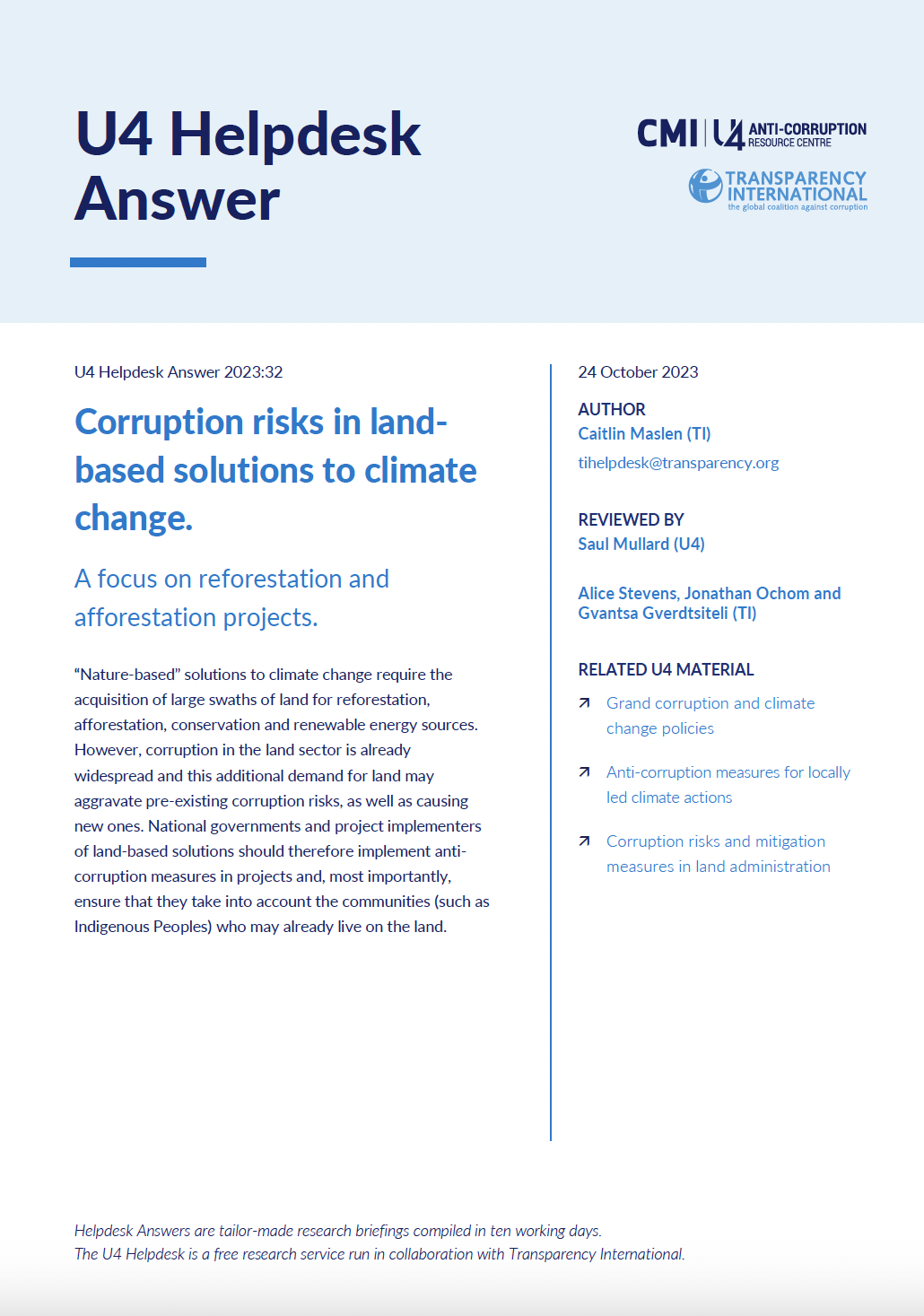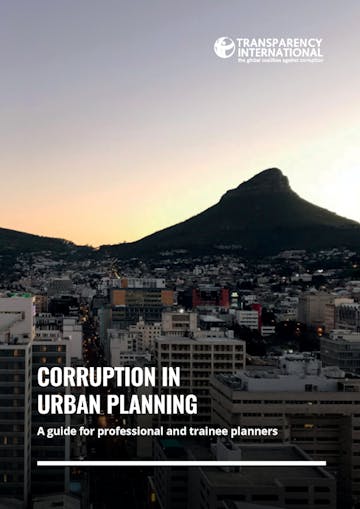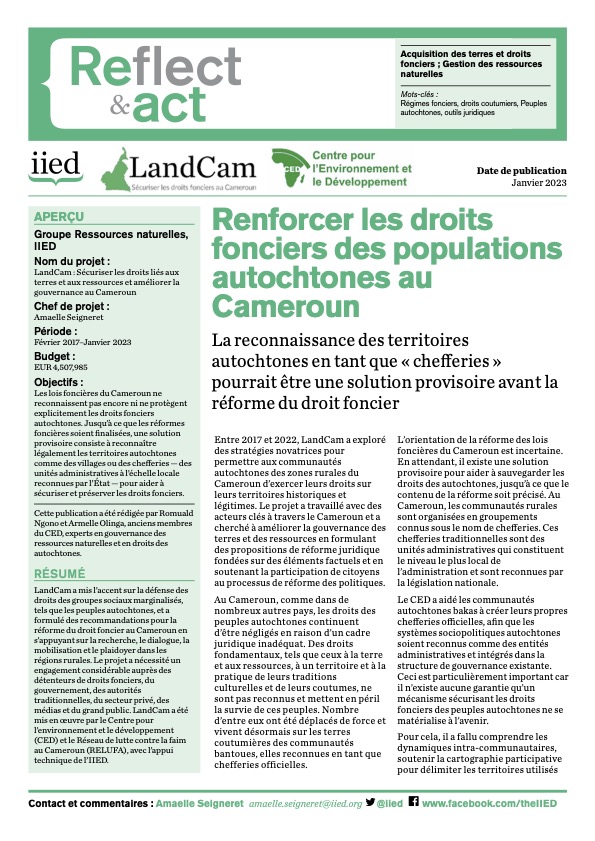This Beautiful Land
In 2021, Transparency International and the Equal Rights Trust published Defying Exclusion: Stories and Insights on the Links between Discrimination and Corruption. Bringing together a diverse group of case studies from across the globe, it documented and illustrated the mutually reinforcing links – the vicious cycle – between discrimination and corruption. Defying Exclusion marked the first attempt to systematically explore the phenomena we termed “discriminatory corruption”.

